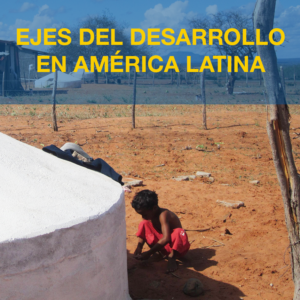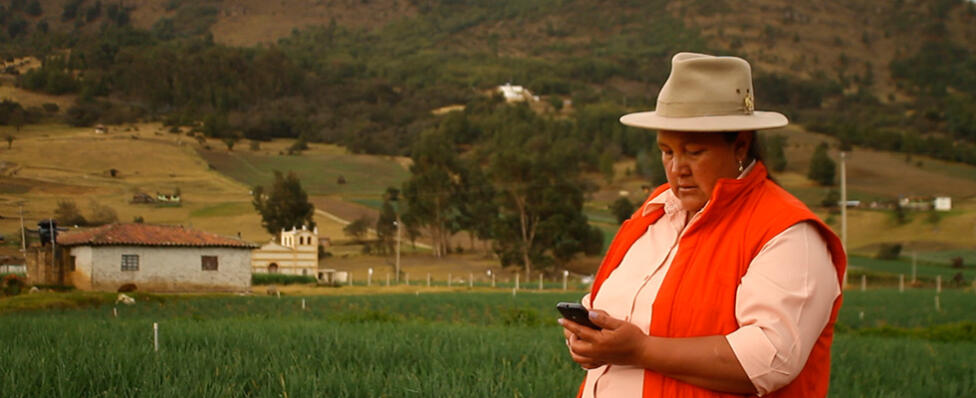– Ben Treuhaft is a man with a mission. Every morning, he pedals his rusting, 45-year-old German bicycle to a music school in Havana to apply his tuning fork and hammer to worn out pianos.
He has already hammered – – successfully – – at bureaucracies in the United States, Mexico, and Cuba to deliver his container load of pianos.
On Dec. 20, after months of shipping problems and bureaucratic delays, Treuhaft unloaded 22 pianos, a 15,000-dollar record collection, 1,000 pounds of piano parts, and one pump organ to the Caribbean nation.
They were all donated by people in the United States as part of Treuhaft's 'Send a Piano to Havana' campaign.
Shipping the pianos required special permission from Washington to break the U.S. economic embargo of Cuba. The official forms he filled out included a boilerplate clause that the exported items would not be "used for the purpose of torture or human rights abuse."
When asked how pianos could be used to abuse human rights, Treuhaft paraphrases a journalist who wrote about his case: "None of the pianos will be painted white, have candelabras placed on them or be played by anyone wearing a sequined jacket."
No one has ever accused the 48-year-old, pudgy and balding Treuhaft of being too serious. He wanders the halls of Cuba's music institutions, breaking into a hopping, lurching "Soupy shuffle" every time he hears salsa music.
Treuhaft also uses humour to criticise the U.S. economic embargo of Cuba, a policy he considers silly as well as harmful to ordinary Cubans. But even he was surprised by the response of the U.S. government to his attempt to ship pianos.
The campaign began last year when, during a visit to Cuba, Treuhaft volunteered to tune pianos that were buckling under the effects of the tropical air and a wood-eating, flying ant.
Treuhaft says that Cuban pianos also quickly wear out, because the percussive sounds of salsa lead "Cuban musicians to pound the keys twice as hard as anyone else."
There has been no money to import piano parts, let alone new pianos, since the demise of the Soviet Union and the collapse of the Cuban economy. So, in a meeting with officials of the Cuban Institute of Music, Treuhaft hit upon the idea of importing used pianos from the United States.
Treuhaft returned to his home in Berkeley, California, and applied to the Commerce Department for an exemption from the embargo on humanitarian grounds. When the Washington bureaucrats questioned whether pianos could really be considered "humanitarian aid", Treuhaft puckishly conceded that perhaps the Cubans might use the pianos for military purposes.
Treuhaft also sought approval from the Commerce Department's Office of Missile and Nuclear Technology. That office actually proved more receptive, and within a month, he had received official permission.
"Had I asked to ship TOW missiles to Iraq," says Treuhaft, "they probably would have approved it right away. But pianos took a few extra weeks."
Treuhaft solicited old pianos from the San Fransisco Bay Area and cash donations from all over the United States, Britain, and Canada. The donations helped buy additional pianos and pay shipping costs. A number of other piano tuners around the world offered to donate their services as well.
On Oct. 18, Treuhaft bade farewell to his truck load of pianos as they left Berkeley, destined for Cuba via Tampico, Mexico. He landed in Havana Oct 31, expecting the shipment any moment. But Mexican authorities at the U.S. border delayed the container for 30 days. The pianos remained another three weeks at the Tampico docks.
Finally on Dec. 20, a truck with the pianos chugged into Havana's Superior Music Institute, a music school located on the grounds of a former country club where then-Vice President Richard Nixon once golfed with Cuban dictator Fulgencio Batista.
The greens are replanted now, and students roam the halls where wealthy men in golf spikes once strode. In a former guest room, Treuhaft and a cadre of Cuban technicians will soon be hammering, refinishing and tuning the pianos, including three grand pianos and 19 uprights.
Santiago Rodriguez, an official with the Cuban Institute of Music, says the pianos and parts are desperately needed.
"We have very little possibility of importing anything except items needed for survival," says Rodriguez. "At the same time it is not enough to have only clothes and food; we must have a healthy spirit. The pianos will help maintain our culture."
Once refurbished, half the pianos will be distributed to music institutions, and the other half will go to deserving music students. The Cubans wanted all the pianos to go to institutions, says Treuhaft, but he insisted that at least some go to the next generation of musicians who have no way to practice at home.
Treuhaft hopes the Music Institute will sponsor contests in which winning composers and pianists receive the upright pianos.
As he stands over a concert grand piano at the former country club, Treuhaft philosophises about his one-man campaign to break the Cuban embargo.
The 33-year-old U.S. embargo against Havana has not brought down the government of Fidel Castro, he says.
"I'm permitted to import tuning pins by the bushels and hand them directly over to the Castro government," says Treuhaft. "I'm the only businessman able to break the blockade – – but only with piano parts." (END/IPS/RE/YJC/96) = 01150507 NYC009 ITEM CLOSED
= 01150519 YNP008= 01151404 DAP063
= 01151411 DAP006





![Validate my RSS feed [Valid RSS]](https://validator.w3.org/feed/images/valid-rss-rogers.png)